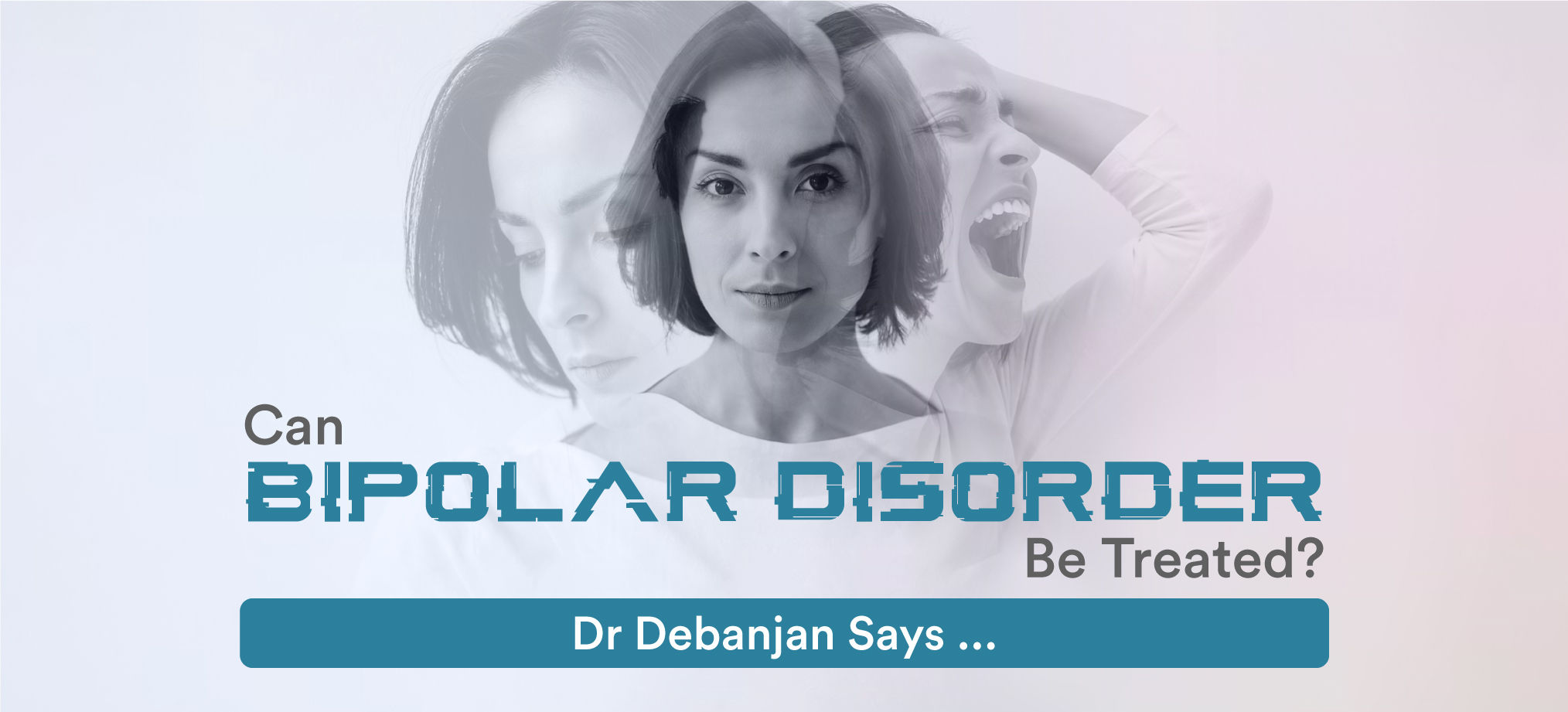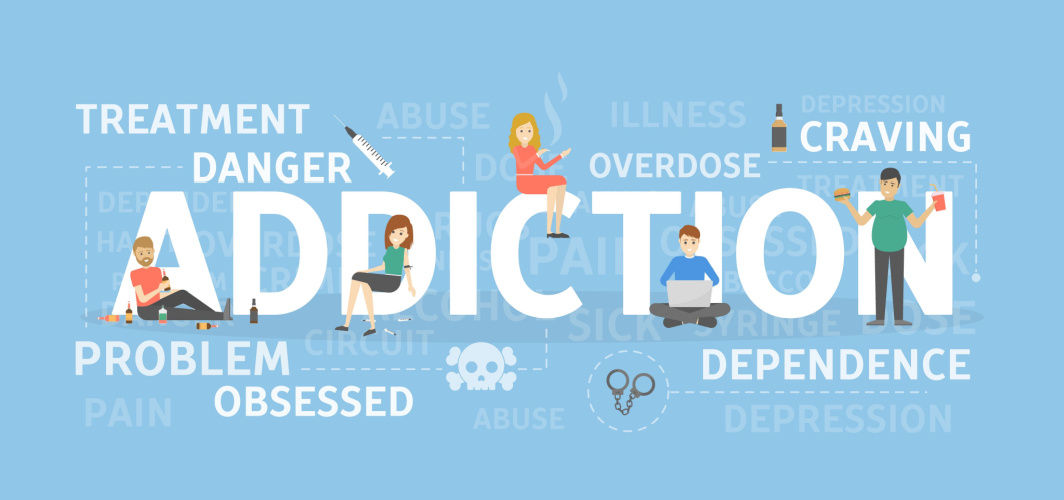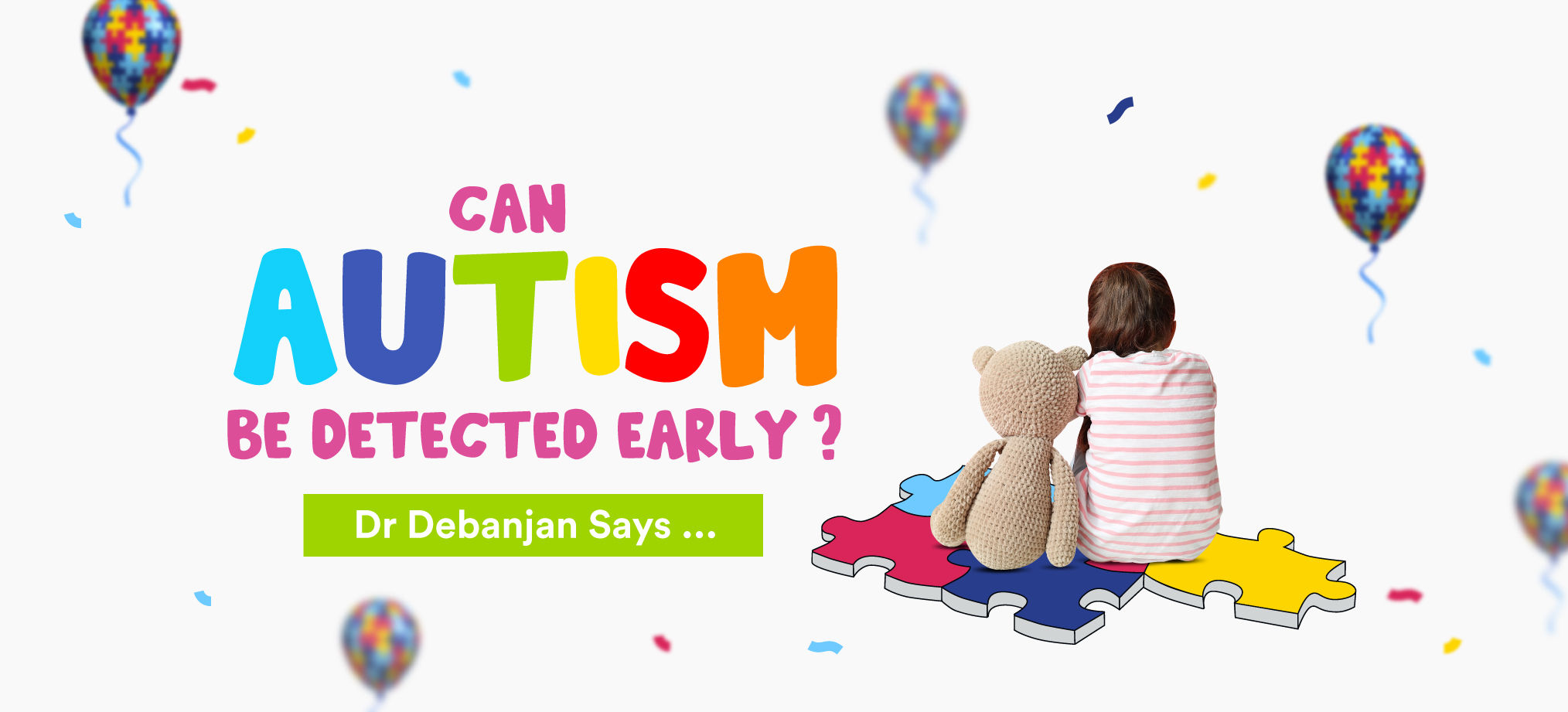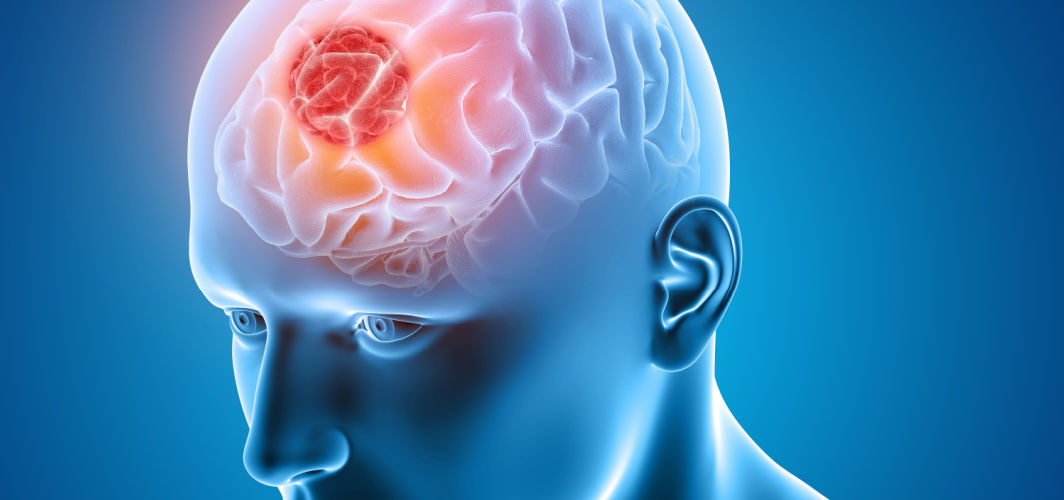Neurology
Bipolar Disorder Explained By A Neuropsychiatrist
3 min read
By Dr Debanjan Banerjee, Psychiatrist, Apollo Hospitals Kolkata, Published on - 30 March 2023, Updated on - 21 June 2023
Share this article
0
0 like

Vincent van Gogh was one of the most influential Dutch painters in the history of Western art. However, his creativity was paralleled by his mental illness and he was posthumously diagnosed with bipolar disorder. Since then World Bipolar Day is observed on his birthday, March 30th, every year. Let us know more about the signs of this condition and how it can be treated.
What Is Bipolar Disorder?
Bipolar disorder, formerly known as manic-depressive illness, is characterized by significant shifts in mood, irrespective of life situations. This illness is characterized by mood swings that affect both the personal and professional life of the person. All of us face mood swings, feelings of ecstasy and sudden bouts of sadness.
However, when it is in extremes and strains our daily life and relationships, it is termed an illness. Very typically, bipolar disorder occurs episodically with either a manic (high state) or a depressed state (low state). Many people can return to a good state from these two extremes and function normally at times.
What Is A Manic State?
A person in a manic state is usually overwhelmed with feelings of euphoria, excessive energy, inflated self-esteem and a tendency to talk excessively. Many in this state also feel differently, with sudden bursts of uncontrollable anger, irritability and aggressive behaviour replacing the euphoria. These are the usual signs:
- Inflated Self-esteem or grandiose thinking
- Reduced need for sleep
- More talkative than usual
- Easily distractible
- Several thoughts race through the mind
- Agitation and aggression
What Is A Depressed State?
A person in a depressed state exhibits a continuous low mood and loss of interest or pleasure. It is similar to clinical depression. An individual with depression may face these symptoms:
- Low mood
- Loss of interest and pleasure in activities
- Weight loss or loss of appetite
- Sleep difficulty or excessive sleepiness
- Restlessness and anxiety
- Fatigue
- Recurrent thoughts of death
- Inability to focus
Both manic and depressive states can occur either individually or the episode can have mixed symptoms.
If you are suffering from any of the above-mentioned symptoms, consult our Psychiatrists and avail the most effective treatment.
Bipolar Disorder Causes
Bipolar disorder affects nearly 1% of the population worldwide, commonly occurring between 20-25 years of age. The exact cause of the bipolar disorder is not yet known. However, an imbalance in neurotransmitter levels in the brain areas responsible for mood, energy, sleep and functioning and impaired nerve-to-nerve signalling in these areas can all lead to this illness. Genetics, lack of proper sleep, long-term stress and addiction behaviours are common risk factors for bipolar disorder.
Bipolar Disorder Treatment
Bipolar disorder can be treated with both medicines and psychotherapy. The family should be informed about the illness and the necessity to continue the medicines. More than one episode of this illness may necessitate medicines for a long time.
Certain groups of medicines like mood stabilizers and antipsychotics are commonly used in treatment. However, the dose and duration of the medicines would be instructed by your treating psychiatrist.
Various approaches of therapy such as cognitive behavioural therapy or interpersonal therapy may also be used to help modify harmful thoughts, establish healthy schedules and improve relationships.
Conclusion
Bipolar disorder is a serious mental health condition that can be treated. Let’s spread awareness and abolish the stigma associated with this condition, so that prompt professional help can be taken when needed. Also, one should advocate healthy lifestyle practices such as adequate nutrition, regular exercise, and maintaining a sleep-wake schedule to keep this disorder at bay.
To know more about bipolar disorder and its treatment methods,
Medically reviewed by Dr Sonia Bhatt.
Neurology
Leave Comment
Recommended for you

Neurology
Five Most Bizarre Addictions That May Affect Your Health
Human beings are vulnerable to getting addicted to almost anything. The human brain releases chemicals that often associate bad habits with joy and happiness. This article highlights the top 5 weirdest addictions that can have an impact on your health.

Neurology
Understanding Autism: Insights By A Neuropsychiatrist
It is important to raise awareness about autism to reduce the stigma associated with the condition, thus making life easier for the people affected. Read to know more.

Neurology
9 Early Symptoms Of Brain Tumors
Discover the early signs of a brain tumour, such as persistent headaches, seizures and changes in vision or speech. Early detection is crucial for effective treatment.
Subscribe
Sign up for our free Health Library Daily Newsletter
Get doctor-approved health tips, news, and more.
Recommended for you

Neurology
Five Most Bizarre Addictions That May Affect Your Health
Human beings are vulnerable to getting addicted to almost anything. The human brain releases chemicals that often associate bad habits with joy and happiness. This article highlights the top 5 weirdest addictions that can have an impact on your health.

Neurology
Understanding Autism: Insights By A Neuropsychiatrist
It is important to raise awareness about autism to reduce the stigma associated with the condition, thus making life easier for the people affected. Read to know more.

Neurology
9 Early Symptoms Of Brain Tumors
Discover the early signs of a brain tumour, such as persistent headaches, seizures and changes in vision or speech. Early detection is crucial for effective treatment.
